(Page créée avec « Cooker ») |
(Page créée avec « To build the roof, stack rocks which, once removed, will give the roof its shape. (number 1 on the corresponding graph). ») |
||
| Ligne 83 : | Ligne 83 : | ||
|Step_Picture_03=Cuisine_améliorée_Diapositive2.JPG | |Step_Picture_03=Cuisine_améliorée_Diapositive2.JPG | ||
|Step_Title=Cooker | |Step_Title=Cooker | ||
| − | |Step_Content= | + | |Step_Content=To build the roof, stack rocks which, once removed, will give the roof its shape. (number 1 on the corresponding graph). |
Construire la cuisinière en disposant du mélange tout autour du tas de pierres (2). | Construire la cuisinière en disposant du mélange tout autour du tas de pierres (2). | ||
Version du 4 février 2019 à 16:48
Description
Enhanced cooker or "cocina mejorada": how to build a kitchen using natural and local materials. These cookers contribute to improving health conditions of families living in rural areas in Bolivia.
Introduction
In the countryside around Sucre, Bolivia, women cook using wood fire. The smoke from the wood consumption leads to cough and lungs diseases. The wood is consumed more rapidly outdoors and, as they do not own any car, the families have to go and get the wood (leña) by foot which could be up to 3 hours away down the mountain.
The "enhanced cookers" or "cocinas mejoradas" are located inside, sheltered from rain and wind. They have a chimney which leads the smoke outside, improving health conditions of the women who cook and their family who do not breathe the smoke anymore. These cookers are more efficient and consume wood less rapidly. So, less ways to gather leña are necessary.
The association Instituto Politecnico Tomas Katari - IPTK of Sucre works with 14 communities around Pitantora in Bolivia in order to improve Food Safety of families living in rural areas. The association builds enhanced cookers for families but also teaches them to build them. The IPTK's support is sustainable through time thanks to a real knowledge transfer: the families who know how to build cocina mejorada can then help other familles build their own.
Advantages:
- Cheap because is made using local materials
- Health enhancement (smoke is led outside)
- Reduction of wood consumption
- Gain of time (more efficient cooking, less ways are required to get the wood)
Caution :
Cooking inside can lead to additional work: it was necessary to add windows to the houses made of Adobe -houses made of earth and straw- so that sun beams can light the room. (Before windows were not necessary as women cooked outside)
Disadvantages: The cocina mejorada is only adapted to the pots it was built for. If you change your pots, it should be necessary to adjust the size of the holes which let the heat pass through. If your new pot is smaller, you can try to fix it in the hole using rocks (so that it does not fall) but the cooking will be less efficient as the heat will escape between the rocks.
The cocina mejorada can be built within a day but it is previously necessary to let the donkey's dung ferment for 5 days.
Matériaux
- rocks
- clay
- salt
- pig hair
- donkey's dung which has previously fermented for 5 days in plastic tarpaulin
- straw
- water
- sheet metal / iron armatures for the chimney
Outils
- barrow, buckets
- shovel
Étape 1 - Mixture
The enhanced cookers are made using the following mixture:
- For 1 barrow of clay:
- 3 handfuls of straw
- 1kg of salt (for thermal storage)
- ½ handful of pig hair
- 5L (a half-bucket) of donkey's dung previsouly fermented for 5 days in plastic.
- Add water until obtaining a wet mixture but which is not liquid (like a dough, not too wet, not too dry)
Étape 2 - Basis
Build the basis by stacking rocks and using the mixture as a cement.
Adjust the height at your convenience.
Étape 3 - Cooker
To build the roof, stack rocks which, once removed, will give the roof its shape. (number 1 on the corresponding graph).
Construire la cuisinière en disposant du mélange tout autour du tas de pierres (2).
Sur le dessus de la voûte, creuser des trous à la dimension de vos casseroles (3).
Lorsque le mélange aura séché, enlever une à une les pierres (4).
Étape 4 - Cheminée
La cheminée doit acheminer la fumée vers l’extérieur.
Elle peut être construite en tôle (conseillé) ou en adobe (mélange de terre/ paille). Pour les constructions en adobe, il faudra consolider la structure avec des armatures en fer.
Notes et références
L’ONG Instituto Politecnico Tomas Katari - IPTK, fondée il y a 42 ans à Okuri en Bolivie, une province où l’indice de pauvreté est le plus élevé du pays, mène plusieurs programmes d’aide et d’éducation auprès des communautés rurales de Bolivie. La fabrication des cuisines améliorées fait partie d’un programme plus vaste d’aide à la sécurité alimentaire appelé MadreTierra. L’IPTK accompagne les familles afin qu’elles deviennent autonomes en produisant leur propre alimentation et veille à ce que celle-ci soit équilibrée. Ainsi, l'IPTK met en place des potagers sans utiliser de produits chimiques, enseigne aux familles à faire leurs propres semences (pommes de terre, maïs, fèves, oignons), à cultiver des légumes et à les intégrer dans leur alimentation (carottes, salade, persil, origan). Des vaches laitières ont été données aux familles qui ont appris à traire manuellement les vaches et à faire du fromage frais. Des poules ont également été distribuées, pour leurs œufs, apportant des protéines, important pour les enfants en bas âge qui en manquaient. Des ruches ont été également installées, et les familles ont été formées pour les entretenir, récolter le miel pour le vendre, mais aussi à créer de nouvelles ruches en nourrissant les reines. L’association suit les familles pendant 3 ans, implique plusieurs interlocuteurs locaux et veille à ce que leur action soit pérenne dans le temps.
Plus d’informations sur l’IPTK : http://www.iptk.org.bo/?fbclid=IwAR2S0f4v10RIYjQ1euFHyWJmBTr55CB3kcEE2Q7KIV05xGEwDqrFEXaUHR8
Le travail de l’IPTK nous a beaucoup plu, il ne s’agit pas simplement d’apporter un soutien matériel mais de réaliser une action durable : un réel transfert de savoir-faire est réalisé, permettant aux familles de devenir autonomes et indépendantes.
Un grand merci à Alejandro et Claudio de l’IPTK pour leur accueil chaleureux et de nous avoir partagé leur travail !
Nous sommes deux étudiantes en exploration de Low Tech en Amérique du Sud, pour suivre nos découvertes, c'est par ici : https://www.facebook.com/LAtelierLowTech/.
Published
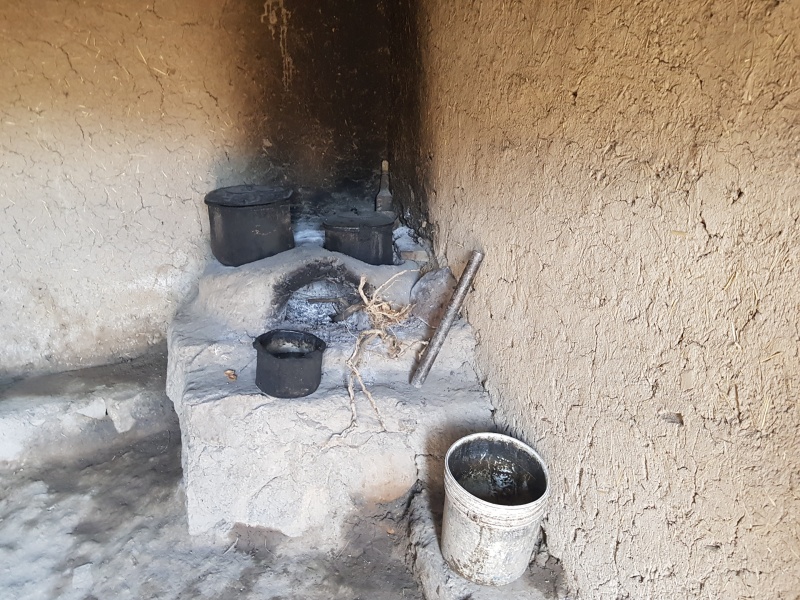
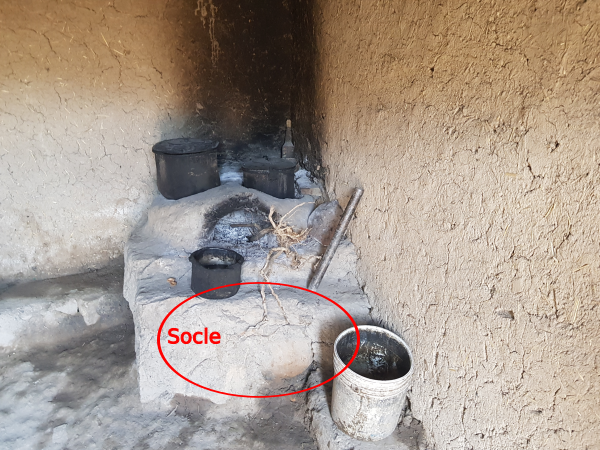
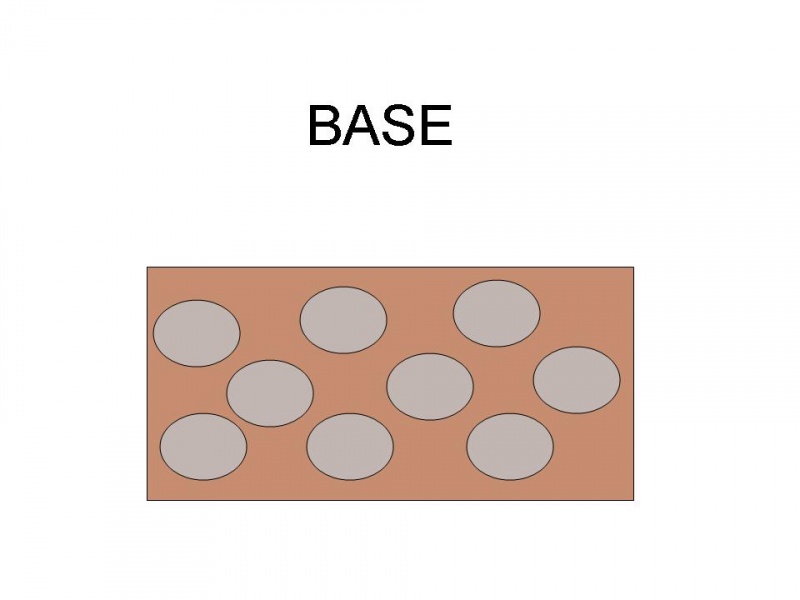
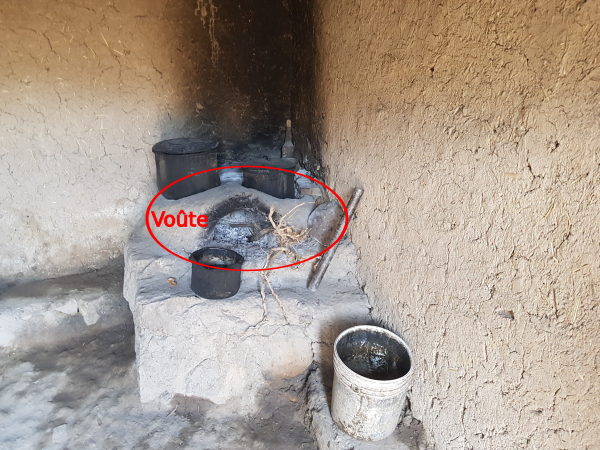
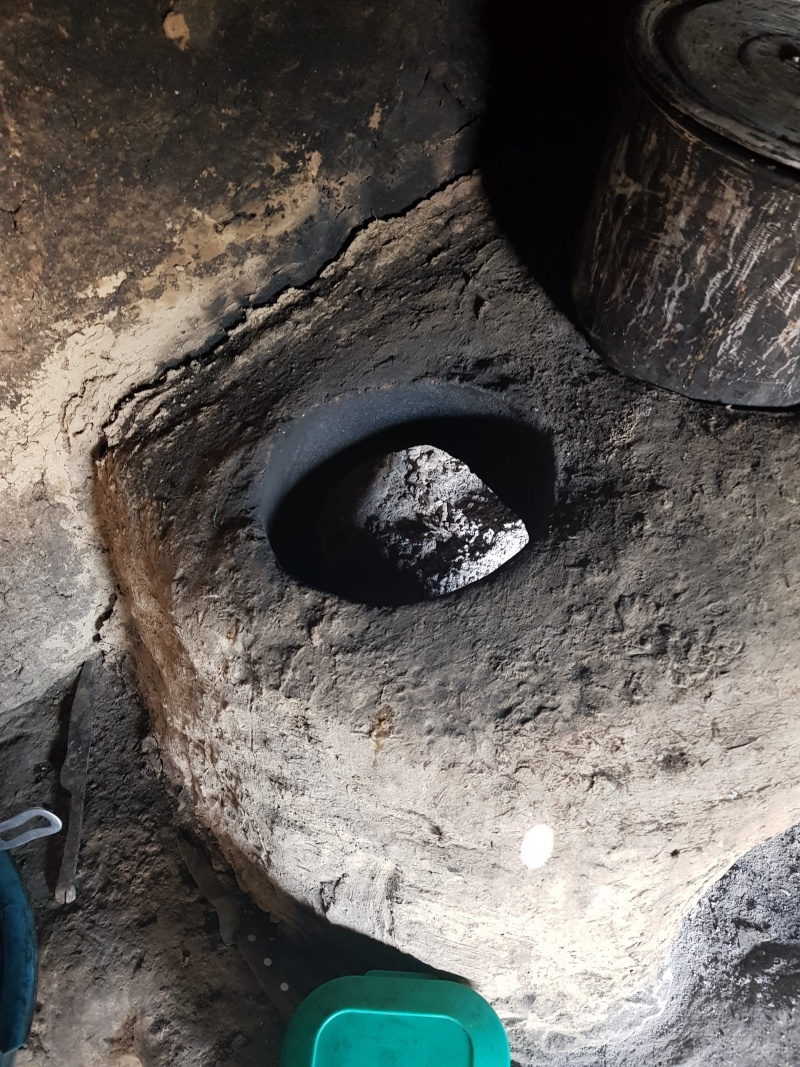
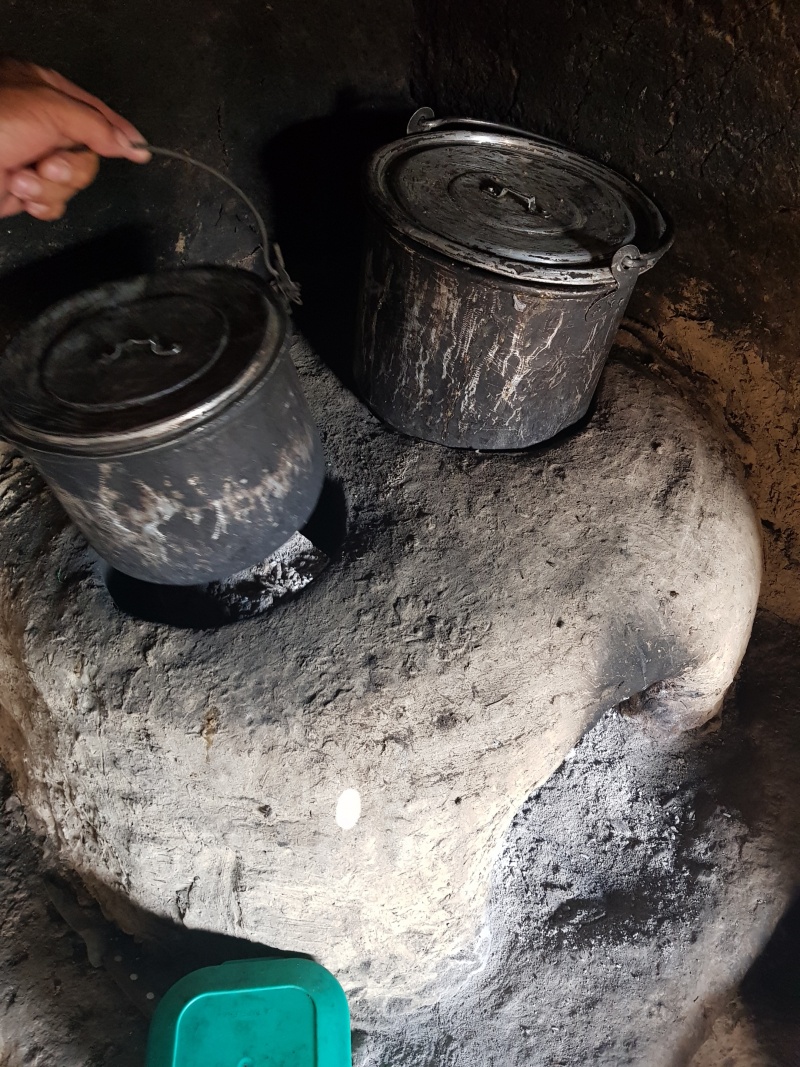
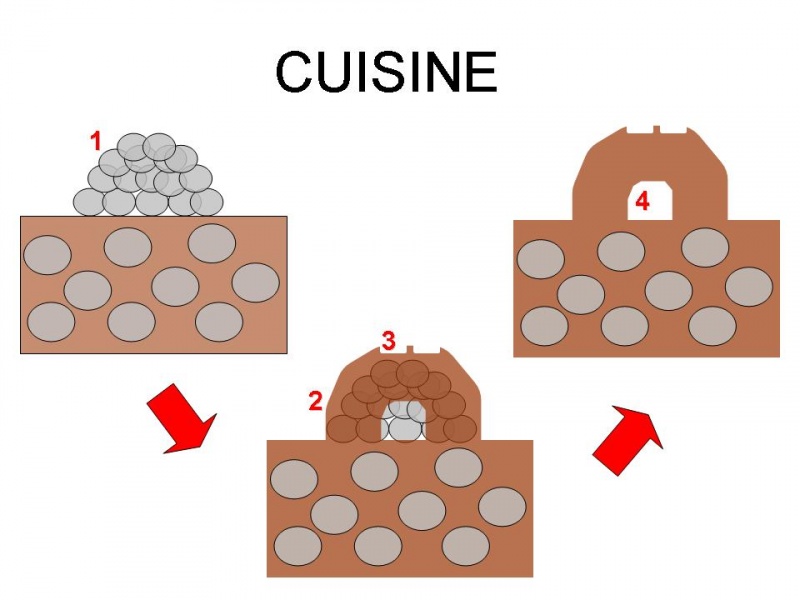
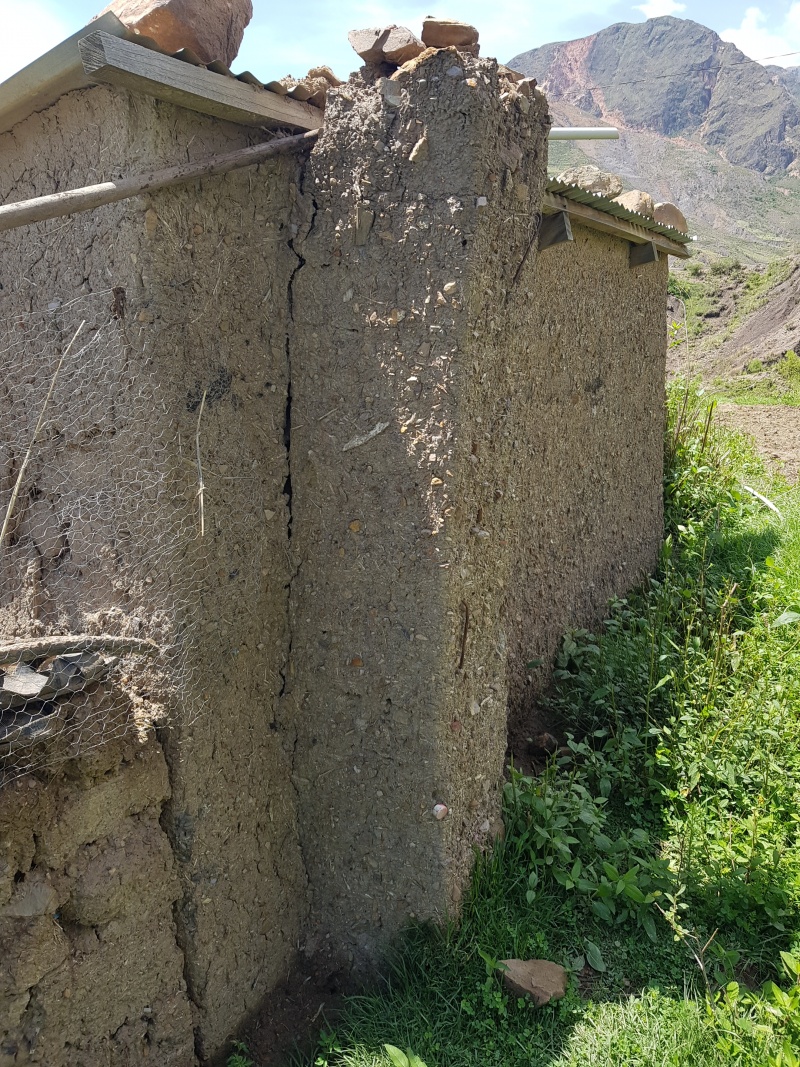
 Français
Français English
English Deutsch
Deutsch Español
Español Italiano
Italiano Português
Português